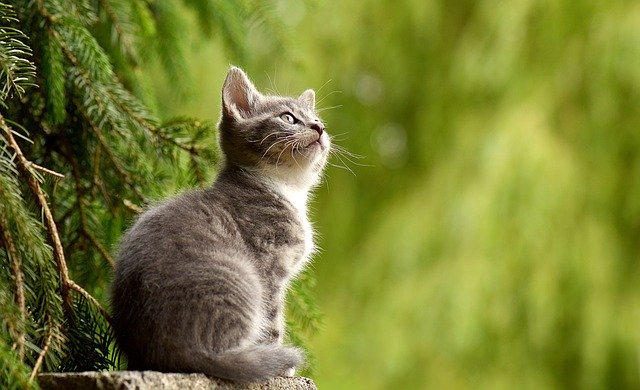Is there a more beautiful sound than the purring of a cat? Probably not for his devoted guardian. Cats purr when they feel good – and they also transfer that feeling to their man. However, cats also purr for other reasons, such as when something hurts or they feel stress. Why do cats purr and how do they produce this continuous motor sound?
Sources of cat purring
How does a cat purr arise? This is the most important question about purring that scientists have not yet been able to find a satisfactory answer. There are several theories, but despite many years of research, none of them has finally been proven. Solving the mystery of the cat’s purr makes it difficult for the sound to appear from the whole body, not from a specific organ.
Many of these theories assume that a cat’s purr arises in the throat, with some specifying which part of the throat is specifically about. For example, some researchers point to the larynx as the source of this specific sound – it would be caused by the compression of the glottis by the expanding muscles of the larynx.

Cats have reason to purr
The purring has a calming effect – not only on us people, but also on the cats themselves. Like no other animal, cats manage to calm themselves perfectly. Mother’s cats purr during childbirth to relieve pain, while blind and deaf kittens, after their purring, are just finding their way to them. Dominant cats purr to show their submissive opponent that they can relax now, and some wild cats in danger purr to themselves to calm down. In addition to purring with contentment, cats purr so as to ease the pain or calm down themselves or other cats. Purring is also a kind of communication for cats. Young cats are encouraged by muttering each other to play, and domestic cats in this way want to attract the attention of a man and suggest him that it’s time for petting or a meal.
Why do cats purr in certain situations?
The reasons can be different:
- They are satisfied and they feel comfortable
- They are upset and regulate their own level of stress
- They calm others
- Soothing pain
- They communicate with each other or with people
What effect does a cat’s purr have on a person?
There are also many indications that the purring of a cat has a very positive effect on the human psyche. Comparative studies show that cat owners are less stressed, and less often suffer from diseases that are conducive to stress, such as depression or heart and circulatory system diseases. As some sources say, the risk of heart attack in cats is up to 40% lower than in people who don’t have a purring friend at home!
It is also believed that the purring of a cat has a direct physical impact on human health. The frequency of sound waves generated during purring is, among others, to increase immunity, relieve pain, stabilize heartbeat, improve blood circulation and accelerate wound healing and healing of broken bones. So cats could not only heal themselves, but also their guardians.












